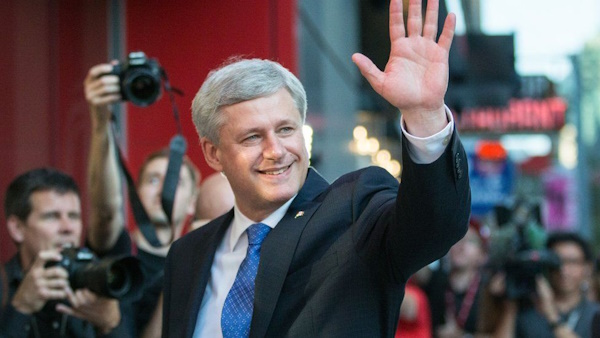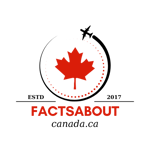Fascinating and Interesting Quotes By Stephen Harper
Stephen Harper, Canada’s 22nd prime minister, ushered in a new era of conservative governance during his near decade in power. His tenure was marked by significant policy shifts, including tax cuts, increased military spending, and a focus on resource development. Harper’s unwavering commitment to fiscal responsibility and his efforts to strengthen Canada’s international standing resonated with a significant portion of the electorate. However, his government’s environmental policies, its approach to Indigenous issues, and its perceived Below you will discover 13 eye Opening Quotes by Sir John A. Macdonald.
[su_note]Below you will discover 13 eye Opening Quotes by Stephen Harper (duration – 03:29).[/su_note]
[su_audio url=”https://factsaboutcanada.ca/wp-content/uploads/2024/06/stephen-harper-quotes.mp3″]
Take a look into the mind of the 22nd prime minister of Canada with some of his quotes below.
13 Quotes By Stephen Harper
1. I don’t believe an Alliance government should sponsor legislation on abortion or a referendum on abortion.
2. There is a Canadian culture that is in some ways unique to Canada, but I don’t think Canadian culture coincides neatly with borders.
3. Make no mistake. Canada is not a bilingual country. In fact it is less bilingual today than it has ever been.
4. The job numbers are positive. We’ve had more jobs created now than were lost during the recession. We’re seeing that the creation, we’re seeing those numbers not only grow but shift toward the private sector and shift toward full-time employment and these are all signs that the recovery is taking some hold but we’re not out of woods.
5. We have to remember we’re in a global economy. The purpose of fiscal stimulus is not simply to sustain activity in our national economies, but to help the global economy as well, and that’s why it’s so critical that measures in those packages avoid anything that smacks of protectionism.

6. I think because we’re such a trading nation, I think Canadians understand that first and foremost we’re part of the global economy.
7. Canadians know that the promise of a recession didn’t happen because of anything we did here. If you look at all the causes of the recession, problems in mortgage markets, the problems in the banking sector, the problems in government finance in countries like Greece, none of those problems were in present Canada.
8. Look, I think the worst case scenario is obvious. I think first of all it doesn’t work for very long. It’s an unstable government that raises taxes and destroys the image we’re building for Canada as a strong place to invest.
9. The Leader of the Opposition’s constitutional obligation – the obligation to Parliament – it’s the reason we did the merger! – is to make sure Canadians have an alternative for government.
10. After all, enforced national bilingualism in this country isn’t mere policy. It has attained the status of a religion. It’s a dogma which one is supposed to accept without question.
11. As a religion, bilingualism is the god that failed. It has led to no fairness, produced no unity, and cost Canadian taxpayers untold millions.
12. There is a Canadian culture that is in some ways unique to Canada, but I don’t think Canadian culture coincides neatly with borders.
13. Canada remains alienated from its allies, shut out of the reconstruction process to some degree, unable to influence events. There is no upside to the position Canada took.
Conclusion:
Stephen Harper‘s legacy is one of transformative conservative leadership, marked by his commitment to fiscal prudence and his efforts to reshape Canada’s role on the world stage. His government’s policies fostered economic growth and stability, while its social and environmental stances remain subjects of ongoing debate. As Canada navigates the challenges of the 21st century, Harper’s impact on the nation’s political landscape continues to be felt, serving as a reference point for future generations of leaders and policymakers.

